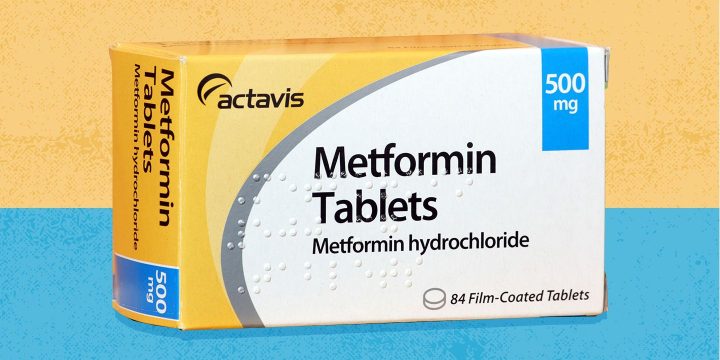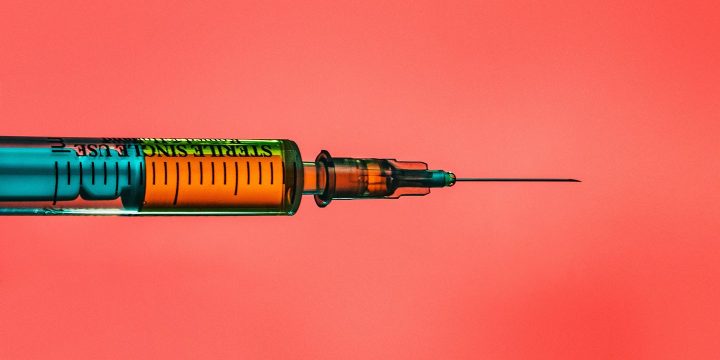
Age-Related Eye Disease Tied to Increased COVID-19 Risk
Since the early days of the COVID-19 pandemic, doctors have cautioned people with certain chronic health issues, like type 2 diabetes and obesity, that they face a higher risk of developing severe coronavirus infections. But there’s a common age-related eye disorder that may be even more concerning: age-related macular degeneration (AMD).Some research has found that AMD is associated with a 25 percent higher risk for severe COVID-19 — higher than the increased risk seen with type 2 diabetes or obesity.Age-related macular degeneration is the leading cause of vision loss for Americans over 50, according to the National Eye Institute (NEI). It results from damage to a part of the retina called the macula. There are two types: dry AMD and wet AMD, a rarer and more advanced form of the condition…








